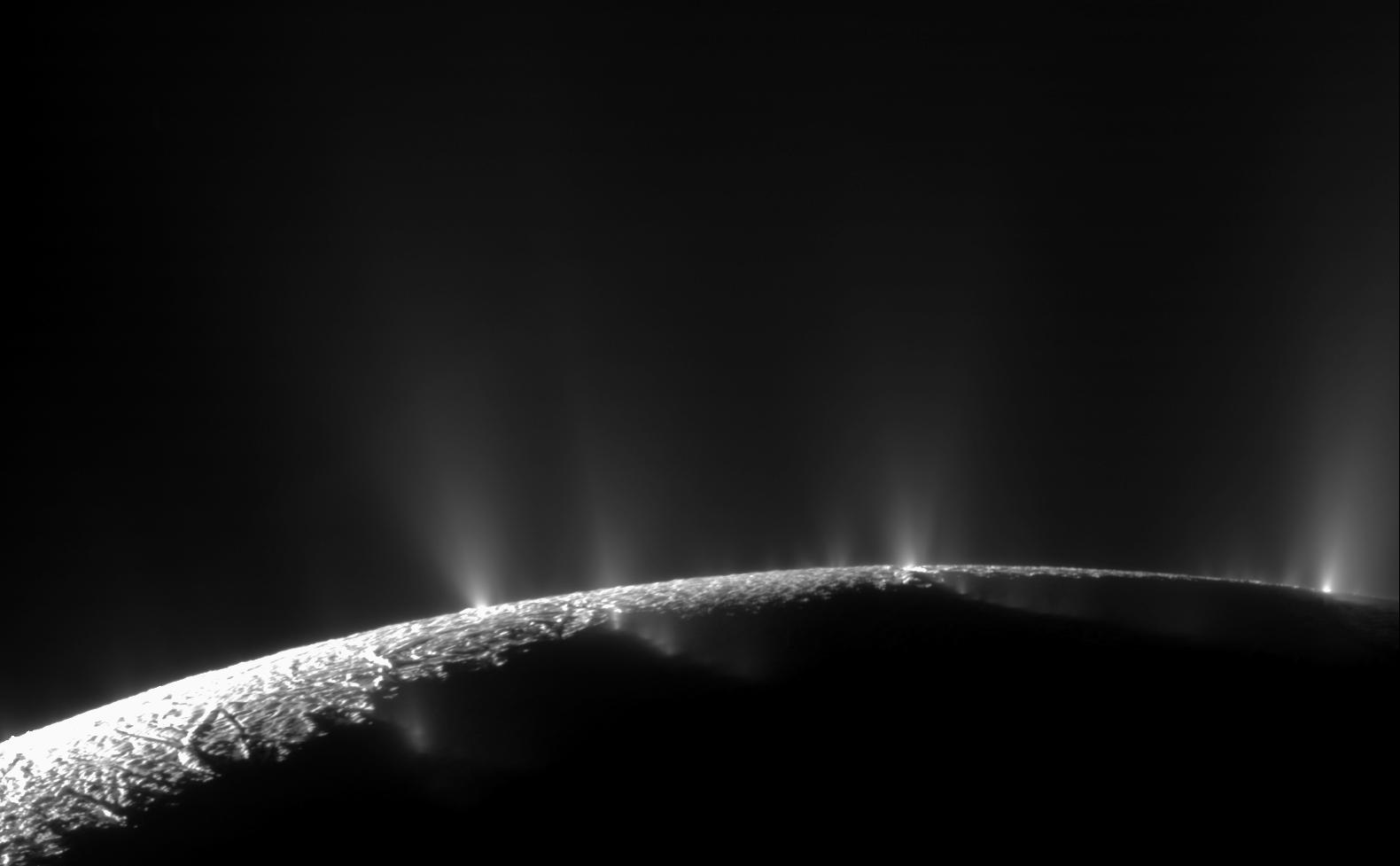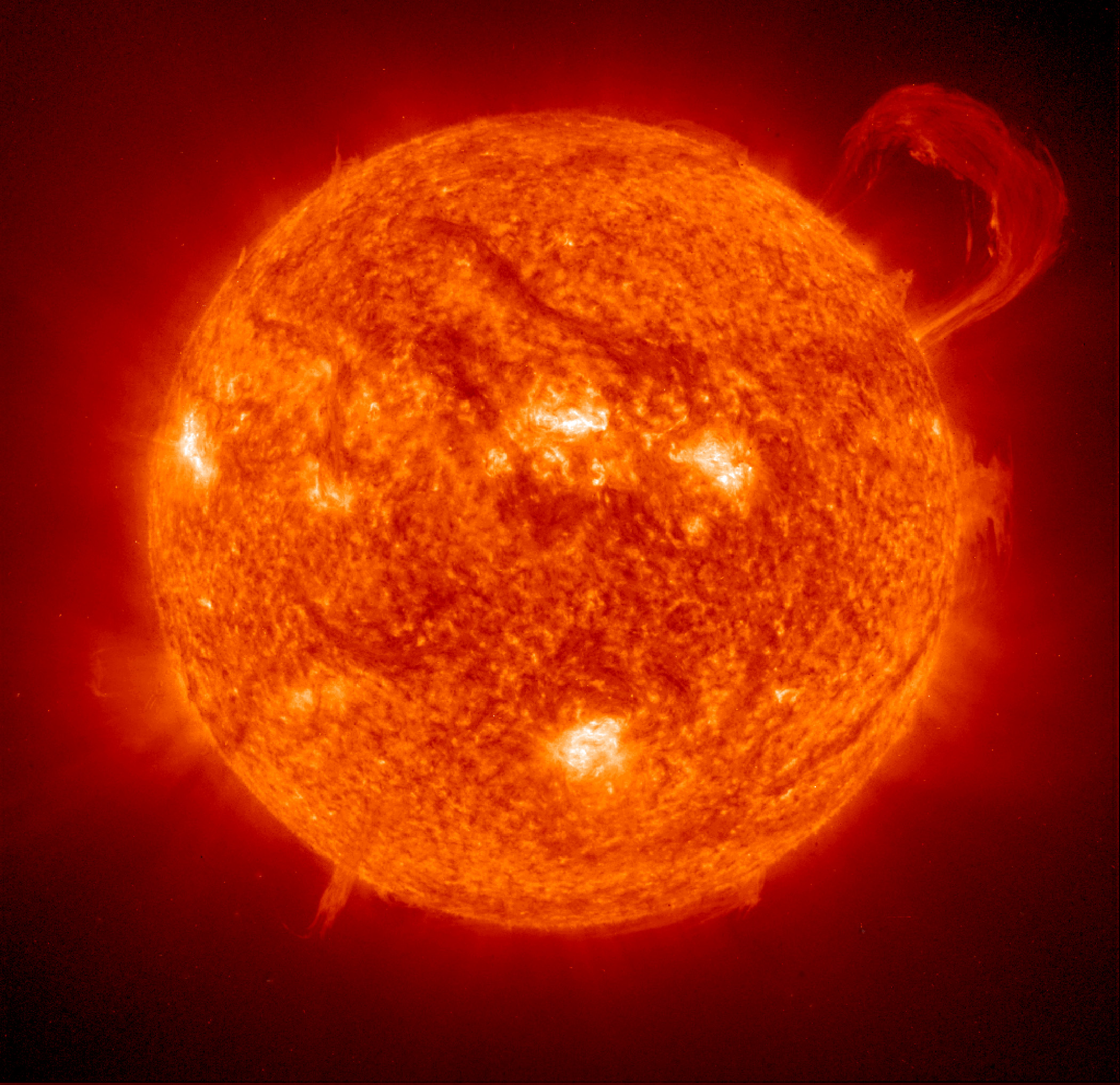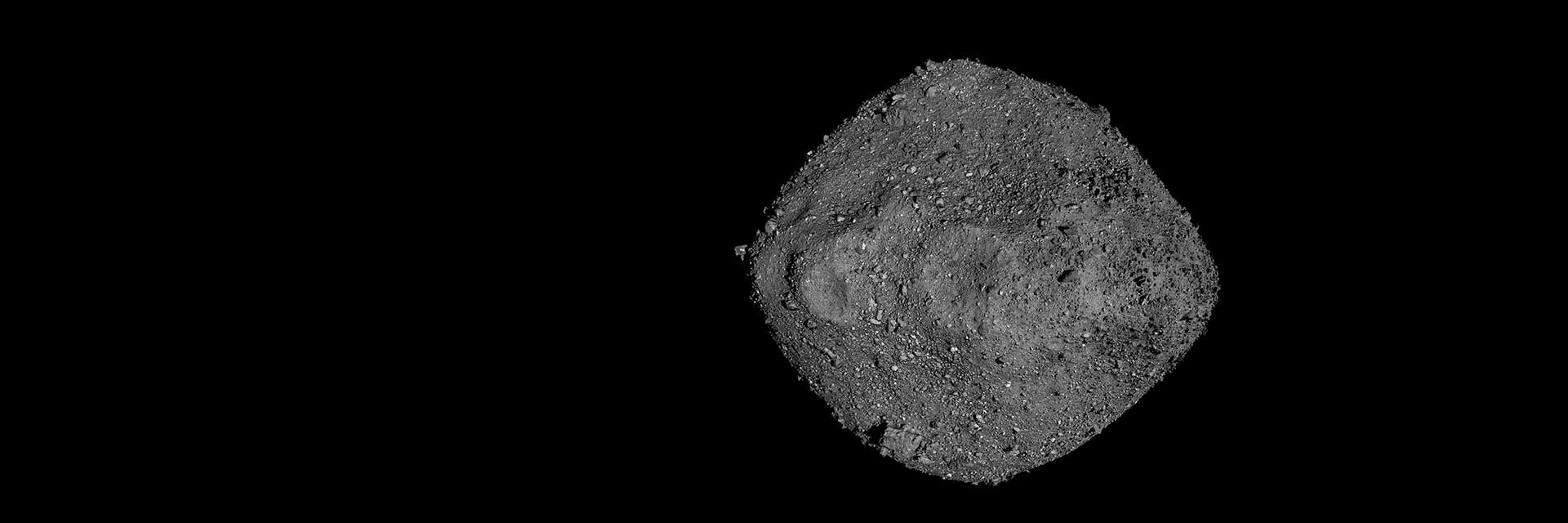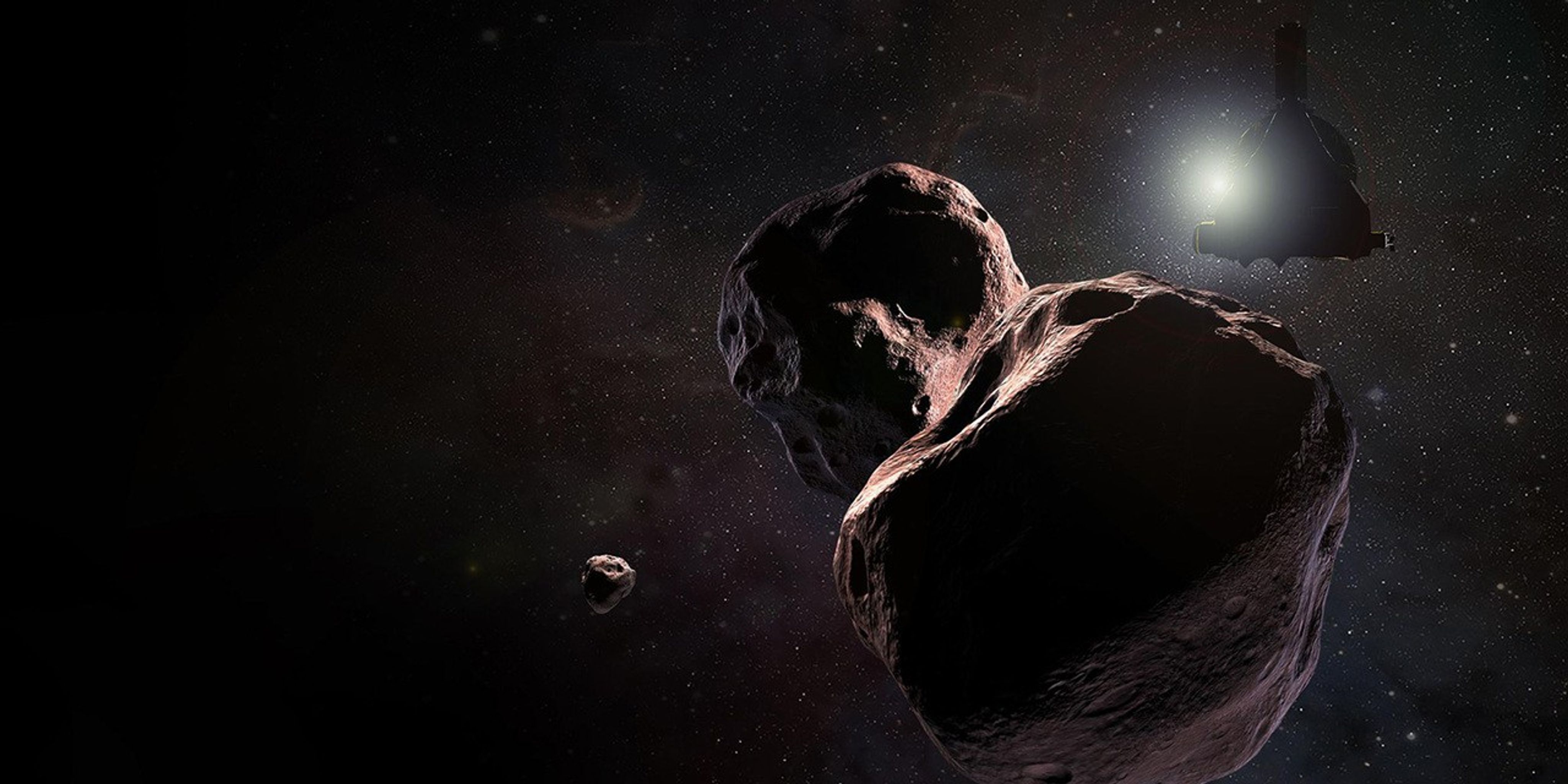3 min read
Cassini Significant Event Report
For Week Ending 10/24/03
The most recent spacecraft telemetry was acquired from the Goldstone tracking station on Wednesday, October 22. The Cassini spacecraft is in an excellent state of health and is operating normally. Information on the spacecraft's position and speed can be viewed on the "Present Position" web page.
Final activities for C39 included a Visual and Infrared Mapping Spectrometer (VIMS) flight software test, Cosmic Dust Analyzer decontamination, Radio and Plasma Wave Science (RPWS) High Frequency Receiver calibration, clearing of the ACS high water marks, and participation in a DSN array demonstration.
C40 began execution on-board the spacecraft on Sunday, October 19. Initial activities included RWPS high rate observations, use of the Magnetometer Science Calibration Subsystem, and power-on of the Ka-band Exciter and Ka-band Traveling Wave Tube Amplifier in preparation for Gravitational Wave Experiment #3.
The science planning team process for C42, the first approach science sequence, concluded this week with a handoff package being provided to Uplink Operations. The Science and Sequence Update Process for this sequence began with a kickoff meeting, and release of the stripped Spacecraft Activity Sequence Files to participating teams.
Official port#2 occurred for the C43 Science Planning Team process. The product has been merged and handed off to ACS for the end-to-end pointing analysis.
On 16 October 2003, a Mission Event Readiness Review of the Deep Space Mission System (DSMS) preparations to support the third Cassini Gravitational Wave Experiment (GWE) was conducted. The Project expressed its gratitude for the fine work DSMS has done on the last GWE activities, as well as the preparations completed toward the upcoming activity. The Team finds that the DSMS system needed to support GWE #3 is on schedule and should be completed, including testing and document preparation. The first and second gravitational wave experiments were supported with a very similar DSMS system. No major risk items were found, and four requests for action were written.
Scoping for C44, the last approach science sequence before tour, was presented at this week's Mission Planning Forum. Topics of discussion included activities that have already been integrated, what's coming up, what's new.
A Delivery Coordination Meeting for Mission Sequence Subsystem (MSS) version D10.0, the Solaris 9 port of the current Solaris 7 MSS software version D9.1.2 was held this week. The delivery was accepted, and the installation will be coupled with the workstation Solaris 9 upgrade. The Mission Support & Services Office (MSSO) is maintaining a master schedule, and is coordinating the installation and the adaptation. The project is on track to have all systems upgraded by 1 Jan 2004.
Additional information about Cassini-Huygens is online at http://saturn.jpl.nasa.gov.
Cassini will begin orbiting Saturn on July 1, 2004, and release its piggybacked Huygens probe about six months later for descent through the thick atmosphere of the moon Titan. Cassini-Huygens is a cooperative mission of NASA, the European Space Agency and the Italian Space Agency. JPL, a division of the California Institute of Technology in Pasadena, manages the mission for NASA's Office of Space Science, Washington, D.C.
Media Relations Office
Jet Propulsion Laboratory
California Institute of
Technology
National Aeronautics and Space
Administration
Pasadena, Calif. 91109.
Telephone (818) 354-5011







